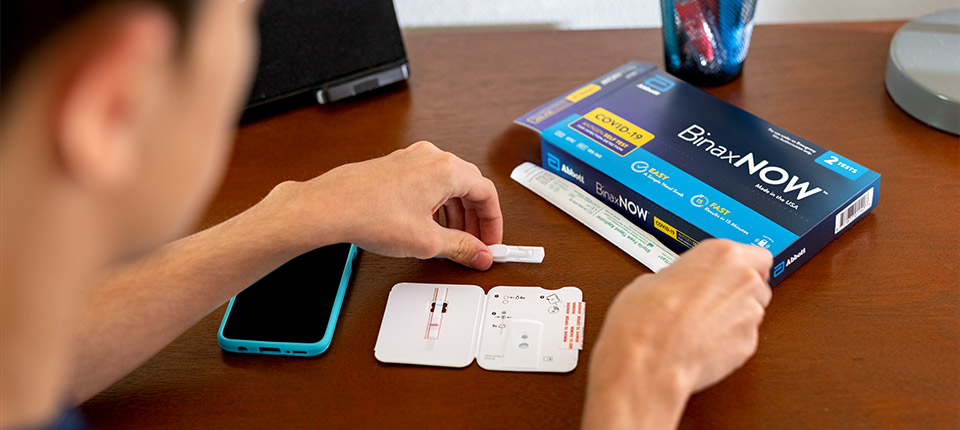Our MitraClip™ device has been used to provide heart valve repair without surgery to more than 100,000 people worldwide1 with leaking mitral valves.
Our fourth generation MitraClip™ Transcatheter Mitral Valve Repair System, which received U.S. Food and Drug Administration (FDA) approval in 2019 and has now received CE Mark, making this the latest version of our first-of-its-kind device approved for use in the EU.
In addition, over this summer, MitraClip has expanded in new areas throughout the globe. This past summer saw China's first-ever introduction to MitraClip*, and an additional new approval of our enhanced fourth-generation MitraClip G4 device in Japan**.
Indeed, MitraClip usage is on the rise in more than 75 countries around the world and underscores the need for our innovative therapy in new and existing regions where people suffer from the debilitating effects of mitral regurgitation (MR). The latest version of this device offers physicians more treatment options that can be tailored to a patients' unique mitral valve anatomy with predictable procedure experience.2
Here's what to know.
MitraClip G4 Offers New Sizes, Technology
Abbott's MitraClip is used to treat people with primary or secondary MR, also known as a leaky heart valve. MR is a condition in which there's a problem with the mitral valve: the valve's leaflets, or flaps, that should open and close to allow proper blood flow aren't able to close effectively. Rather than allowing blood to flow out to the body as it should, the faulty valve causes blood to move backward within the heart, disrupting proper blood flow. Furthermore, because of this regurgitation, the heart's left chamber may become enlarged, making it difficult for the heart to pump blood.
This condition is progressive and worsens over time without treatment. MitraClip is a small device that clips the valve leaflets together to allow them to function properly and prevent blood from flowing backward through the heart. The device is inserted through a small incision in the leg, making it a minimally invasive option that allows people to avoid open-heart surgery.
While MitraClip has been approved in the EU since 2008 and in the U.S. since 2013, the latest fourth-generation MitraClip offers more clip sizes for tailored repair, allowing doctors the ability to choose clip size based on each mitral valve anatomy. It also has a new leaflet grasping technology called Controlled Gripper Actuation™, which allows physicians to grasp leaflets simultaneously or independently to confirm and optimize leaflet insertion.3 The MitraClip G4 delivery system is specifically designed for the mitral valve to allow precise and controlled steering and facilitates Left Atrial Pressure Monitoring.4
What This Means for People with MR
MitraClip can help select people with mitral regurgitation, especially those who need a minimally invasive therapy to avoid open-heart surgery, which may carry with it risks and complications depending on a patient's age, comorbidities and general condition. Transcatheter mitral valve repair with MitraClip gives people an option – without the potential risks of surgery – and has proven benefits backed by more than 16 years of safety and effectiveness data.
In 2018, Abbott received approval for MitraClip to treat select individuals with heart failure due to secondary MR. People with secondary MR have typically had poor outcomes, with increased hospitalizations and reduced life expectancy.5 The landmark COAPT™ Trial found that people in this group had significant reduction in hospitalizations, and improvements in survival, symptoms, social abilities and overall quality of life when treated with MitraClip.6
Backed by results from the COAPT Trial as well as additional clinical and real-world data of MitraClip usage around the globe, the device has shown improved outcomes and reduction in patients with primary and secondary MR. Click here for more information on MitraClip trials including EVEREST, REALISM, EXPAND and REPAIR MR.
With this body of data and track record of availability beginning in 2008, Abbott is the global leader in transcatheter mitral valve technology, giving eligible people an option for heart valve repair without surgery. The latest-generation MitraClip aims to continue the results seen with previous iterations, bringing this life-saving treatment to even more people in need.
Recently, the U.S. Centers for Medicare & Medicaid Services' (CMS) released a proposed national coverage determination (NCD) to include coverage for the MitraClip therapy for Medicare beneficiaries with significant symptomatic secondary MR. If finalized, MitraClip will be an option to help even more people in the U.S. than it does today.
What's Next in Valve Disease Treatments
We'll continue to invest in pushing valve repair and replacement technologies ahead to help people live their best lives. That includes the U.S.-based TRILUMINATE™ Pivotal Trial underway to evaluate a device to repair the tricuspid valve called TriClip™*** (not available in the U.S.).
With a design based on the MitraClip technology, TriClip will treat people with tricuspid regurgitation and could give people with tricuspid regurgitation a much-needed minimally invasive treatment option. The device recently received CE Mark approval in spring of 2020, making it an important treatment option for people in the EU suffering from severe tricuspid regurgitation.
Repair of the mitral valve isn't always an option when the mitral valve is too damaged. Also approved in the EU (not available in the US) early 2020, our new Tendyne™*** valve, is a minimally invasive mitral valve replacement device that is inserted through a small incision in the chest to replace the natural mitral valve. The valve is currently being studied in the U.S. in our SUMMIT trial.
*MitraClip™ NTR/XTR received approval in China in June 2020 to treat primary MR.
**MitraClip G4 received approval in Japan in June 2020 to treat primary and secondary MR.
***The TriClip™ Transcatheter Tricuspid Valve Repair System and Tendyne™ Transcatheter Mitral Valve Implantation System are for investigational use only in the U.S.
1Data on file at Abbott. 2020.
2Rottbauer W. D. Contemporary Clinical Outcomes with MitraClip™ (NTR/XTR) System: Core-lab Echo Results from +1000 Patient the Global EXPAND Study. Data presented at PCR 2020.
3MitraClip G4 IFU. Tests performed by and data on file at Abbott.
4Tests performed by and data on file at Abbott.
5Dwivedi A, Vainrib A, Saric M. Functional mitral regurgitation in patients with heart failure and depressed ejection fraction. Current Opinion in Cardiology. September 2016 - Volume 31 - Issue 5 - p 483–492.
6Nishimura RA. 2017 AHA/ACC focused update of the 2014 AHA/ACC guideline for the management of patients with valvular heart disease: a report of the American College of Cardiology/American Heart Association Task Force on Clinical Practice Guidelines. Circulation. 2017;136(9):1-123. DOI: 10.1161/CIR.0000000000000503.






FOLLOW ABBOTT